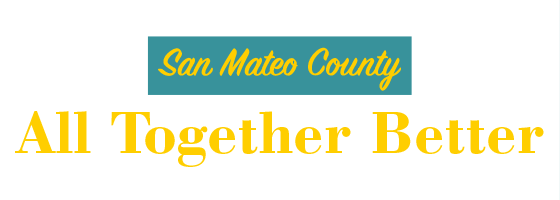Promising Practices
The Promising Practices database informs professionals and community members about documented approaches to improving community health and quality of life.
The ultimate goal is to support the systematic adoption, implementation, and evaluation of successful programs, practices, and policy changes. The database provides carefully reviewed, documented, and ranked practices that range from good ideas to evidence-based practices.
Learn more about the ranking methodology.
Filed under Effective Practice, Education / Student Performance K-12, Teens
Goal: Two of the goals for the Maryland's Tomorrow program are for all seniors to pass Maryland's state tests and graduate, and for all participating students to improve their grade point averages.
Filed under Effective Practice, Community / Transportation, Urban
Goal: The goal of this project was to support community revitalization, retain the integrity of an historic district, and provide transportation links to private land development projects.
Filed under Good Idea, Community / Community & Business Resources, Women, Men, Families, Rural
Goal: The goal of the renovation of the Rock Island Railroad Depot was to revitalize the city of Liberal, Kansas.
Filed under Good Idea, Health / Physical Activity, Children, Racial/Ethnic Minorities, Urban
Goal: The goal of the Bay Area SCORES program is to reduce obesity, increase physical fitness, and manage cardiovascular health-related risks while improving academic performance in children between the ages of 6 and 12 through soccer, creative expression, service learning, “hip hop for health,” and creative writing.
Filed under Effective Practice, Economy / Economic Climate
Goal: The purpose of California Main Street is to educate and provide assistance to California communities about how they can revitalize their downtowns or core commercial districts using the self-help Main Street Four-Point Approach. Through this education on how traditional downtowns and neighborhood commercial districts can become and remain vital economic, social, and cultural centers, the community's development leads to livable and sustainable practices that ultimately improve its quality of life.
Filed under Effective Practice, Health / Physical Activity, Children, Teens
Goal: The King County Communities Putting Prevention to Work initiative goals are to reduce obesity and tobacco use.
Impact: Communities Putting Prevention to Work in King County is associated with reducing obesity prevalence among students in participating school districts and has made substantial progress towards decreasing tobacco use.
Filed under Evidence-Based Practice, Health / Respiratory Diseases, Children, Teens, Families
Goal: The mission of the Healthy Kids Express Asthma Program is to provide quality asthma care and education to children with asthma and their caretakers in a school environment to work towards goals set by Healthy People 2020 and the National Asthma Education and Prevention Program (NAEPP).
Impact: The Healthy Kids Express Asthma Program serves approximately 600 children a year, improving inhaler technique and asthma knowledge among participants. Children enrolled in the program for two consecutive years have lower school absentee rates and hospitalizations due to asthma.
Filed under Effective Practice, Economy / Employment, Children
Goal: The Jewish Vocational Service's (JVS) mission is to bring people and work together. The organization accomplishes this by linking employers and individuals together to achieve the employment goals of the Jewish community by providing the skills necessary for success in today's workplace. JVS links employers and individuals to work together to achieve their employment goals through high quality customer service, innovative program strategies, and the use of new technologies.
Filed under Evidence-Based Practice, Health / Alcohol & Drug Use, Children, Teens
Goal: The goal of the Lions Quest program is to promote healthy, safe, and drug-free behaviors in youth.
Filed under Evidence-Based Practice, Health / Children's Health, Children
Goal: To prevent or delay the onset of underage alcohol and tobacco use by encouraging healthy beliefs and attitudes about abstaining from substance use and by enhancing critical thinking skills to transform students into active media consumers.
Impact: Students who participated in the Media Detective program displayed a greater understanding of media deconstruction skills and persuasive intent. They also had greater self-efficacy to refuse substances compared to students who did not participate in the program.

